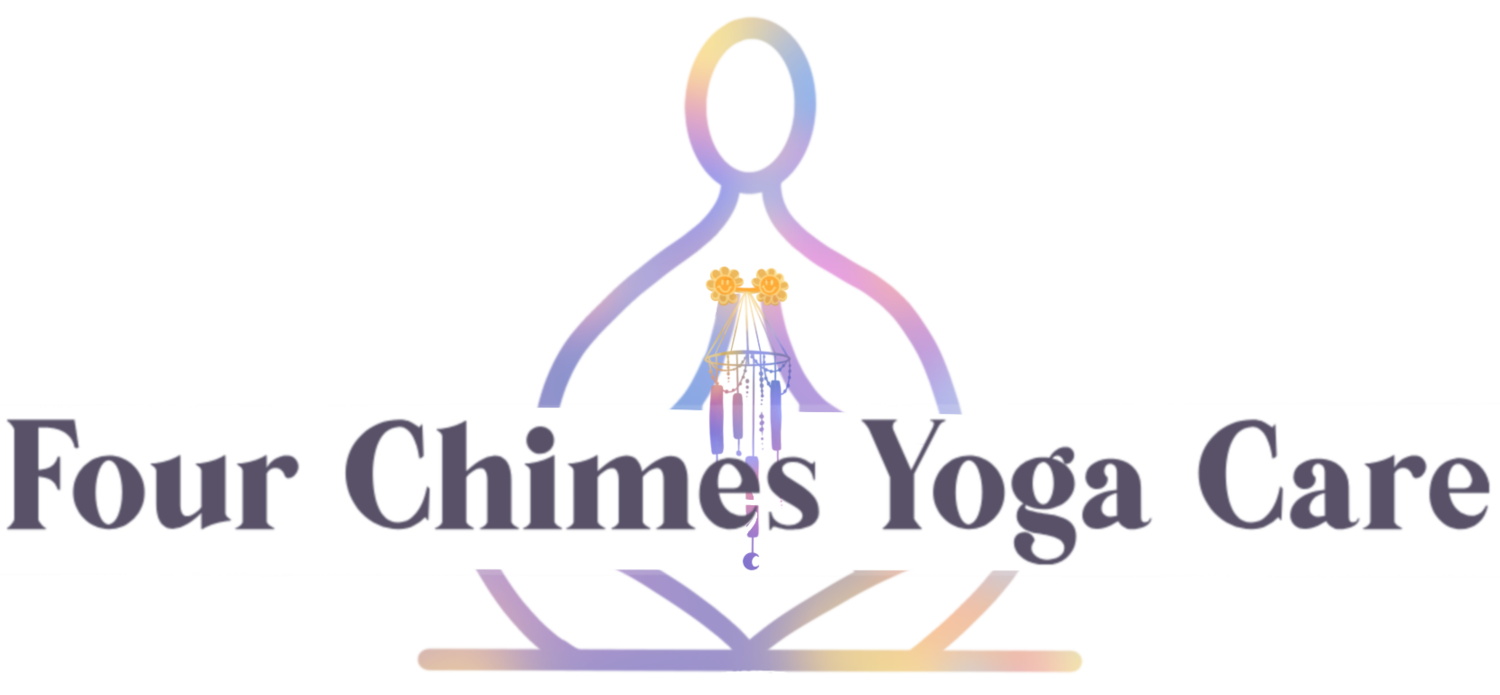Yoga therapy aligns with a biopsychosocial-spiritual approach to wellness and complements western medical modalities effectively. In fact, yoga practices and philosophy have been increasingly included in university and continuing education curricula for healthcare providers.
Many practicing yoga therapists also hold licenses in other health fields. For example, Lisa is a nurse practitioner. Yoga therapy can complement physical, occupational, and massage therapy; psychotherapy; and more. Although IAYT-certified yoga therapists do not diagnose or treat diseases unless they are otherwise licensed to do so, they are trained in anatomy, physiology, disease processes and mental health; this allows them to interact with clients’ other healthcare professionals effectively and to competently suggest referrals when needed.
Jaime Lewis, MD, explains why physicians should specify therapeutic yoga over general practices focused on physical postures:
“[F]or the purpose of reducing symptom burden, alleviating suffering, and improving quality of life in the midst of chronic conditions resulting in persistent pain, medical providers should instead consider recommending therapeutic yoga for their patients, as the intent and scope of practice differs significantly from contemporary yoga.”
https://www.kevinmd.com/2021/02/recommending-yoga-to-your-patients-consider-this-first.html
Please find randomized controlled research studies, meta-analyses and systematic reviews on yoga as a therapeutic practice here.

